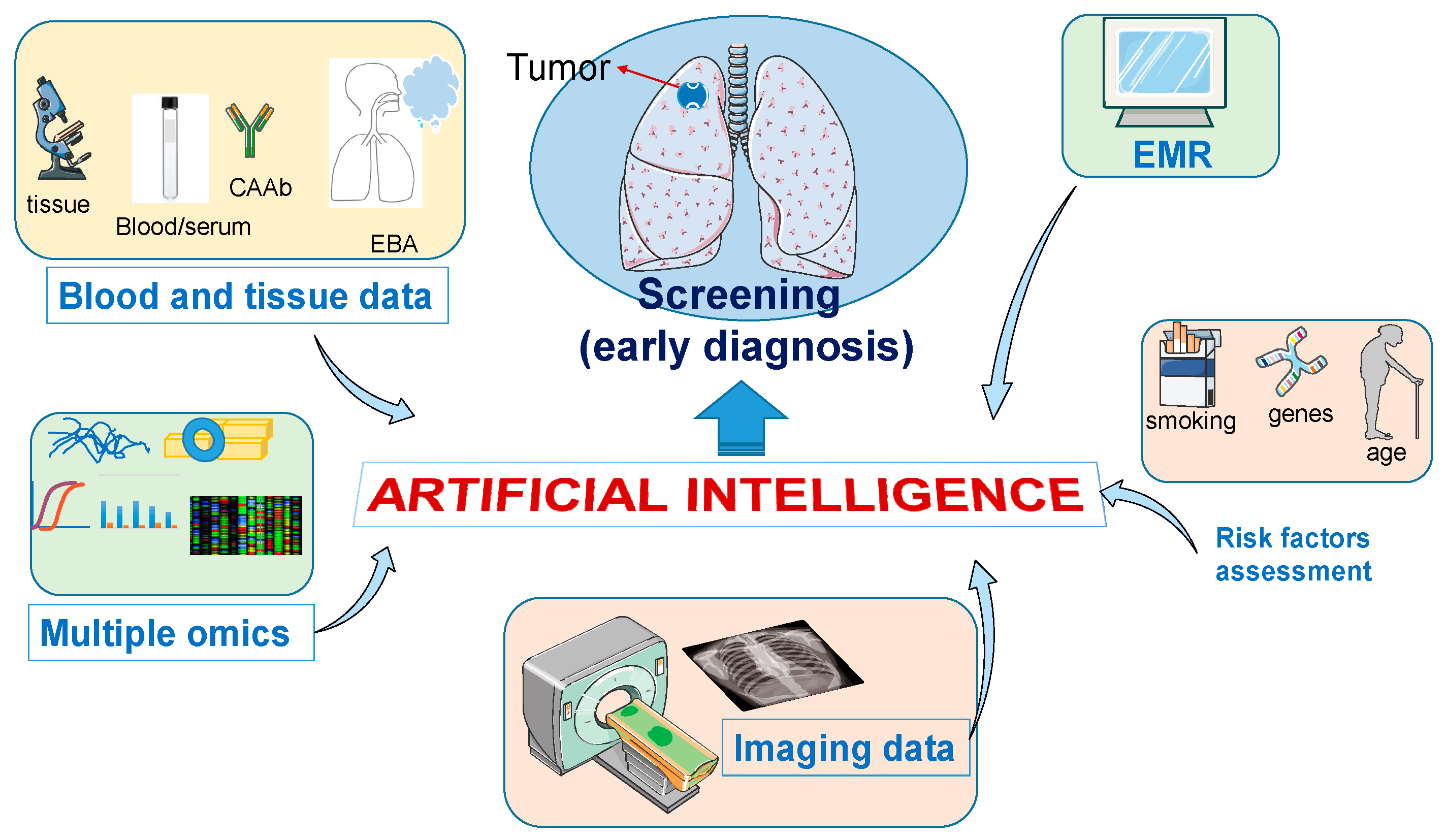
AI Revolutionizes Cancer Detection with Next-Gen AlgorithmsAI Revolutionizes Cancer Detection with Next-Gen Algorithms In the fight against cancer, early detection is crucial. Artificial intelligence (AI) is transforming this landscape with next-generation algorithms that empower healthcare providers with unparalleled insights into cancer detection. Enhanced Pattern Recognition: AI algorithms possess the ability to analyze vast amounts of medical data, including images, genomic information, and patient history. They can detect subtle patterns and anomalies indicative of cancer that may escape the human eye. By identifying these patterns, AI algorithms can flag suspicious lesions or predict tumor growth with greater accuracy. Personalized Risk Assessment: AI-powered algorithms can incorporate a wide range of patient-specific data into risk models. This allows for personalized risk assessments that take into account factors such as genetic predispositions, lifestyle choices, and environmental exposures. Personalized risk assessment aids in identifying individuals at high risk for developing cancer, enabling targeted preventive measures. Liquid Biopsy Analysis: AI algorithms are being developed to analyze liquid biopsies, which involve testing samples of blood or other bodily fluids. These algorithms can detect circulating tumor cells or fragments of tumor DNA, providing a minimally invasive method for cancer detection. This approach has significant potential for detecting cancer at earlier stages. Algorithm-Guided Interventions: AI algorithms can assist in guiding clinical decisions. By analyzing patient data, algorithms can suggest optimal screening strategies, appropriate treatment options, and personalized follow-up plans. This algorithm-driven approach ensures that patients receive the most effective and timely care. Accelerating Drug Discovery: AI algorithms are also transforming drug discovery for cancer. They can analyze large datasets of molecular data to identify new drug targets and predict drug efficacy. This accelerates the development process and brings promising treatments to patients faster. Challenges and Future Directions: While AI offers transformative potential in cancer detection, challenges remain. Data availability, algorithm validation, and ethical considerations need to be addressed. Future research will focus on integrating AI with other technologies, such as machine learning and deep learning, to further improve accuracy and reliability. Conclusion: Next-generation AI algorithms are revolutionizing cancer detection. They empower healthcare providers with enhanced pattern recognition, personalized risk assessment, liquid biopsy analysis, algorithm-guided interventions, and accelerated drug discovery. As AI continues to advance, its impact on cancer detection will be even more pronounced, leading to earlier detection, improved outcomes, and ultimately a greater chance for survival.
Posted inNews